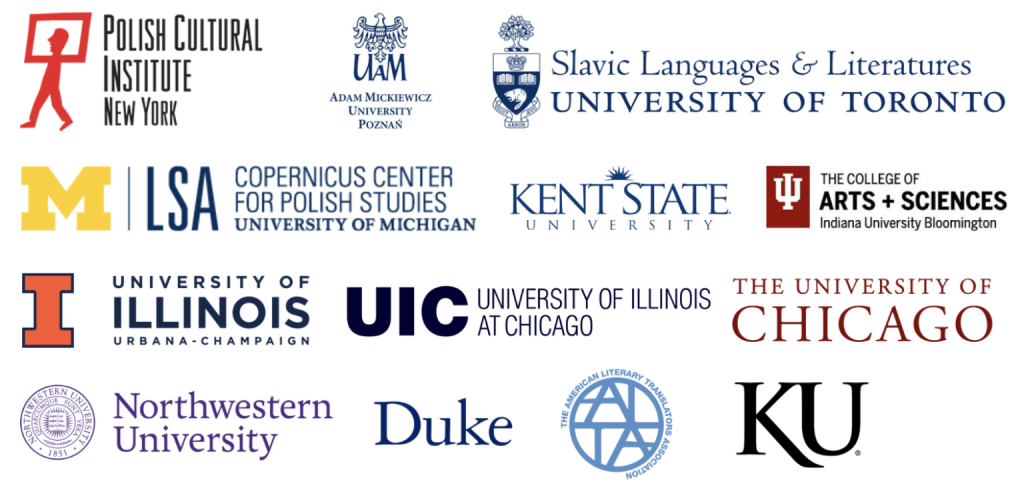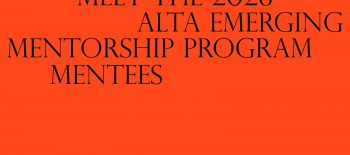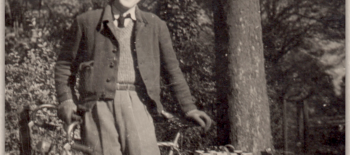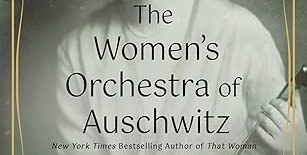Episode 20 and all video recordings are available at:
Polish Cultural Institute New York YouTube
Encounters with Polish Literature is a video series for anyone interested in literature and the culture of books and reading. Each month, host David A. Goldfarb will present a new topic in conversation with an expert on that author or book or movement in Polish literature. More about the Encounters with Polish Literature series and the timeline.
Aleksander Wat (1900-1967) was a poet immersed in contradiction. He was part of the first wave of avantgardism when Poland regained its independence after WWI and with Anatol Stern authored a manifesto that declared itself to be both futurist and primitivist. He is remembered primarily for his panoramic memoir, My Century, edited from tape recorded conversations with Czesław Miłosz, recounting his imprisonments as a leftist under the Piłsudski regime between the wars, and then later under the Soviets, and his encounters with many of the major figures in Polish culture during the Communist period. He came from a mixed family of the Polish-Jewish intelligentsia, his father coming from a distinguished cabalistic tradition with a broad interest in European philosophy, his mother a nominal Polish Christian.
In this episode we explore some of Wat’s internal conflicts, looking at the “Gga” manifesto, and selected passages from his later poetry and from My Century, as well as some of the considerations about the relationship between truth and reality that he makes in his essays about Stalinist culture and socialist realism, which literary historians in the Slavic field would do well to read alongside Russian critics of Soviet literature like Andrei Sinyavsky. Wat published a small but potent body of work, most of which is translated in the collections listed in the bibliography for this episode.
Selected works by Aleksander Wat in English translation
Wat, Aleksander. Against the Devil in History. Tr. Frank L. Vigoda. Ed. and intro. by Gwido Zlatkes. Bloomington, In.: Slavica, 2018.
Wat, Aleksander. Lucifer Unemployed. Tr. Lillian Vallee. Foreword. by Czesław Miłosz. Evanston, Il.: Northwestern University Press, 1990.
Wat, Aleksander. My Century: The Odyssey of a Polish Intellectual. Ed. and tr. by Richard Lourie. Foreword by Czesław Miłosz. New York: New York Review Books, 1988.
Wat, Aleksander. With the Skin: Poems of Aleksander Wat. Tr. and ed. by Czesław Miłosz and Leonard Nathan. New York: Ecco, 1989.
Recommended
Venclova, Tomas. Aleksander Wat: Life and Art of an Iconoclast. New Haven, Conn.: Yale University Press, 1996.
Wat, Aleksander and Stern, Anatol. Gga: I polski almanach futurystyczny (Gga: First Polish Futurist Almanac, in Polish). Futur Polski: Warsaw, 1920. IBL PAN, sygn. P.II.198.
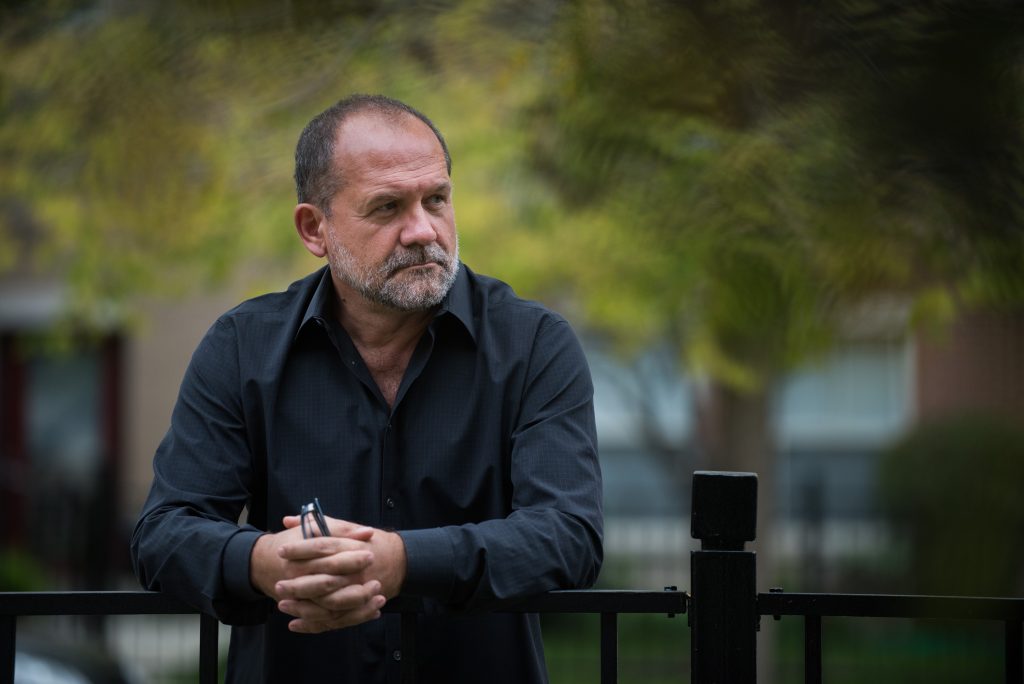
Michał Paweł Markowski, The Stefan and Lucy Hejna Family Chair in Polish Language and Literature and Head of Department of Polish, Russian, and Lithuanian Studies at the University of Illinois at Chicago. He is also a tenured research professor at the Center for the Advanced Studies in the Humanities (Jagiellonian University, Kraków, Poland), which he created in 2007. He taught at Harvard (2002), Northwestern (2003), and Brown (2009). In 2005 he was a Distinguished Visiting Professor at the University of Alberta. In 2008 he was a senior researcher in the Internationales Forschungszentrum Kulturwissenschaften in Vienna. Since 2008 he has been the Artistic Director of the Joseph Conrad International Festival of Literature in Kraków, Poland, one of the most important European literary festivals (more than 1000 artists featured).
Since 1997 he has published more than 40 volumes of individual books, editions, translations on literature and philosophy, and over 400 essays, articles, and columns in professional journals, cultural monthlies, weeklies, and newspapers. He authored monographs on Derrida, Nietzsche, Gombrowicz, Schulz, and modern Polish literature. He co-authored Literary Theories in the 20th Century, a classic textbook in the history of literary methodologies. He is a co-editor of two influential series in the Polish humanities: Hermeneia and Horizons of Modernity (over 120 volumes), and sits on the Editorial Boards of leading academic journals in Poland.
Awarded with “Literatura na Świecie” [The World Literature] prize in the category of comparative literature for his books on Derrida and Nietzsche (1997), The Kościelscy Prize for essay writing (2000), and the Kazimierz Wyka Prize for lifetime achievement in literary criticism (2011). He also received the most prestigious academic subvention in Poland called “Master Grant” from the Polish Science Foundation (2006-2010) for his project “The Humanities after Deconstruction,” the result of which was the book The Politics of Sensibility: An Introduction to the Humanities (2013). His recent book, Wars of Modern Tribes. Arguing about Reality in the Age of Populism (Kraków 2019) was listed by an influential Polish weekly “Polityka” as one of the “20 books that you must read to understand the contemporary world”. The most recent book, Poland, Bliss, University: An Educational Story, with the two volumes mentioned above, creates a 1000-page political commentary on the present condition of the humanities.
As a translator, he brought into Polish works by Proust, Barthes, Blanchot, Derrida, Foucault, Lyotard, Deleuze, Kristeva, Rorty, and Perec. He edited and prefaced the writings of Friedrich Schlegel, Marcel Proust, Roland Barthes, and Julia Kristeva.
Besides academic writing, he penned six collections of literary essays: Anatomy of Curiosity (1999), Excess: Essays on Writing and Reading (2002), Desire and Idolatry (2004), Life Measured by Literature (2007), and Sun, Possibility, and Joy (2010), Day on Earth: Traveling Prose (2014; which combines fiction, travel essays, and photography and was long-listed for “Angelus,” the Central-European Award in Literature). His last collection of literary essays (The Dribble 2015) has been shortlisted for the “Gdynia Prize” in the “essay” category. In the international Austeria Publishing house (Kraków-Budapest), he published 3 Travel Notebooks with photographs from the U.S., India, and Andalusia. Markowski’s books and essays have been translated into several languages: English, French, Belarussian, German, Ukrainian, Romanian, Swedish, Hungarian, Slovakian, and Bulgarian. In January 2015, he had an individual exhibition of photographs called Line and Land in the Dreambox Gallery in Chicago.
Bartek Remisko, Executive Producer
David A. Goldfarb, Host & Producer
Natalia Iyudin, Producer
